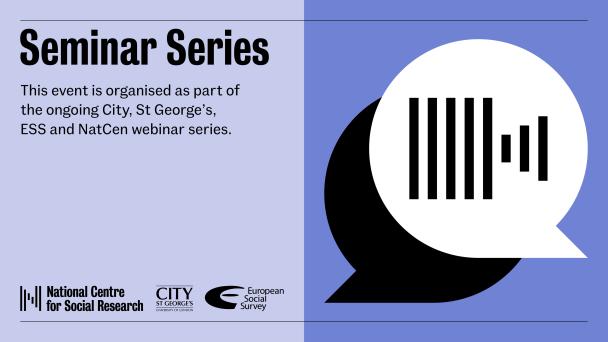Designing for comparability in a 3MC survey: Methodological experiments from the 2024 EWCS


The GP Patient Survey (GPPS) is a key source of information for understanding patient experiences within the National Health Service (NHS) in England.
This national survey is sent to over 2.7 million patients aged 16 or over and plays an important role in informing policy and improving primary healthcare services. However, to ensure its findings reflect the population, it is essential that the survey is as accessible as possible. Given the survey's scale and push-to-web methodology, ensuring inclusivity for all invitees presents challenges.
A proactive approach is taken by embedding accessibility within the survey's design. This includes: Using clear and simple language, validated by cognitive testing with patients, consultation with lived experience partners and the Plain English Campaign's Crystal Mark standard. Offering diverse formats: 14 additional languages, Braille, large print, British Sign Language videos, and an accessible online platform compatible with screen readers.
These adaptations actively reduce participation barriers, promoting a more inclusive and representative data collection process, aligning with the goals of social surveys in Official Statistics to minimise total survey error. By reducing barriers, the GPPS strengthens its ability to provide robust, reliable data reflecting all patient experiences, including those often marginalised. As a result, the GPPS is widely used to understand inequalities in healthcare.
The survey outputs are also designed with accessibility in mind, to try to meet the needs of a range of data users.
This webinar will discuss the practical implications of these accessibility measures and their contribution to a more equitable and representative understanding of NHS patient experiences. It will also explore the potential of these formats to inform best practices for other social surveys, promoting more inclusive data collection methodologies and accessible outputs that make using the data easier for a range of users.
Receive a regular update, sent directly to your inbox, with a summary of our current events, research, blogs and comment.
Subscribe